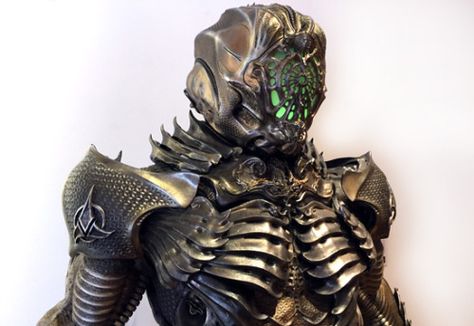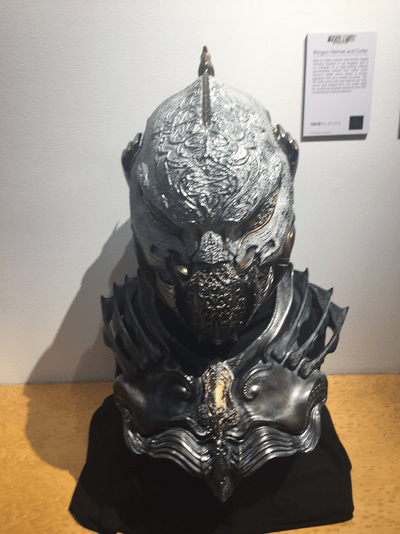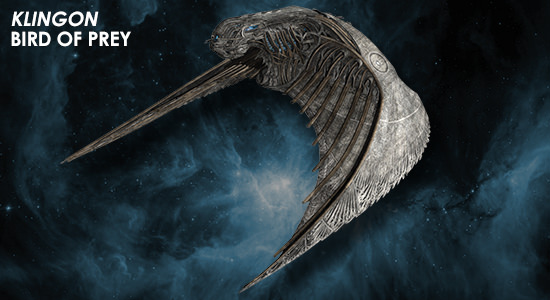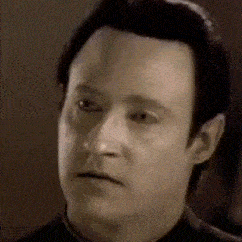I am the kind of person who enjoys “big weird” scifi like Stanisław Lem. Stories about trying to relate to and find common ground with something so alien that the prospect of even understanding is basically hopeless. Star Trek usually doesn’t do stories that, which makes sense as it often uses alien races as allegories or stand-ins for real-world human relations.
That said- I thought those early Klingons were super weird and scary because they were just so alien. It really made sense thinking about how it took a century before they could get to the events of Star Trek VI, and it made the Khittomer accords feel like so much more of an accomplishment. Like- you made a treaty with WHAT?
And just aesthetically their ships and armor looked like something out of HP Lovecraft or HR Geiger:



This is not to say I dislike how Klingons were portrayed previously, kinda like Mongols in TOS or Vikings in DS9, just that they never felt scary to me. They never felt like warriors. I was never afraid for the gallant crew of the Enterprise D (a science and exploration vessel) going into battle against Klingons. But I really enjoyed the alien-ness Disco tried to go with. Anyone else with me?
EDIT: PEOPLE I SAID WHO’S WITH ME NOT WHO ISN’T CM’ON 


Nonsense-- other long-running universes encounter retcons and visual redesigns all the time. Quick, how old was Dick Grayson when he first became Robin? What color is Superman’s S? How old was Magneto during the Holocaust? What happened to Luke’s father? Did James Bond fight in World War 2, or participate the Cold War?
As far as I know, those examples all either explicitly exist or are treated as seperate and distinct when you look at their wikis. Comic book continuity sometimes is something the characters are aware of too, so differences are also explained. Crisis on Infinite Earths comes to mind.
Then as someone who does know a lot about this stuff I can tell you that you are making a lot of assumptions that are not the case.
Any example I can think of I have an answer for that solves any sort of continuity issue. Events change because of actual meddling in events and in-universe continuity resets. Events contradict each other between comics and TV and movies because they for all intents and purposes, are as seperate from each other’s continuity as Star Wars and Babylon 5.
James Bond, for instance, is a different person from each actor to have played him, in addition to the version from the novels by Ian Fleming. His backstory can change between them, drastically. It doesn’t make it in the same category as Discovery Klingons.
That’s not canonical, merely a popular theory.